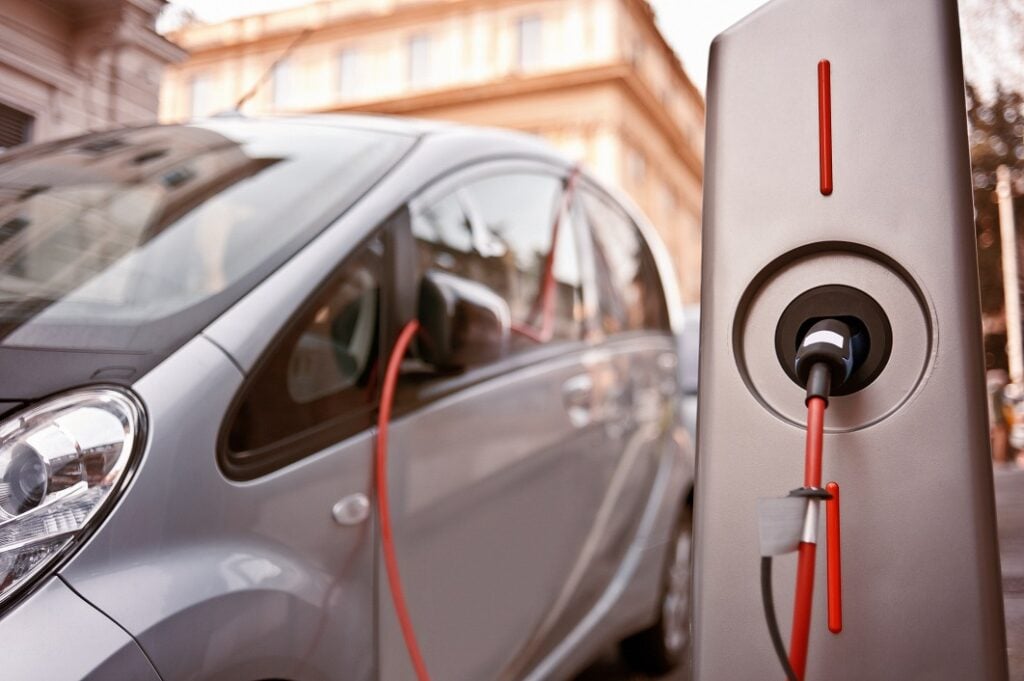Electric vehicles (EVs) present a £24 billion opportunity for the UK if a number of opportunities are seized by UK organisations.
This is according to a report from the Advanced Propulsion Centre looking into opportunities from the electrification of passenger cars over the next five years for firms involved in the EV supply chain.
It identified 12 opportunities that it said the UK is “particularly well placed to address”, with the market opportunity within geographic reach of UK players in the 12 areas forecast to be £24 billion in 2025.
The sale of new EVs has ramped up in the UK in the last few months, with the sale of battery electric vehicles tripling in March 2020 to over 10,000.
This demand is only set to increase as costs decline, new models are brought to the market and policy – such as the ban on the sale of new internal combustion engine cars in 2035 – is brought into play.
The global market opportunity from the rapid switch to EVs is conservatively estimated to be £97 billion by 2025 according to the report.
To benefit from this remarkable growth, companies need to be aware of the opportunities and invest as soon as possible, it continued.
The largest section of the opportunity forecast for the UK is the batteries themselves, which the report said represents a £12 billion opportunity.
Power electronics are the second largest, at £10 billion. The report states that achieving the optimal performance in terms of power, weight and range will require electrified vehicles will require a new breed of high-performance power electronics for inverters, converters and charging equipment.
These will need to be based on compound semiconductors, such as silicon carbide and gallium nitride, which will, it said, over time replace the traditional silicon-based devices.
Other opportunities identified in the report include ramping up cell assembly, with the UK currently having a 1.9GWh battery cell manufacturing plant producing Nissan EV products.
The report stated that conservative estimates suggest that the UK will need between 10 and 20 times its existing production capacity to meet the demand from electrified passenger cars by 2025.
Earlier this month, it was announced that the UK’s first full cycle battery cell gigaplant with a capacity of up to 35GWh was in the works with plans to service both the automotive and energy storage markets.
The report also highlighted how the UK is “well-placed” for cathode manufacturing, with two lithium hydroxide and carbonate producers supplying to existing cathode manufacturers. The UK provides a rich research network, it said, enabling companies to explore future cathode material compositions and develop new manufacturing processes.
This is important due to the cathode largely determining the performance and cost of lithium-ion batteries.
The report stated that “despite some perceptions, players in the UK are already supplying or are very capable of serving many of the growth markets enabled by electrification”.
“The UK has the building blocks of a thriving supply chain to support the electrification of passenger cars, making it the perfect place for investments across these new value chains to meet domestic, European and in some cases global demand”.






